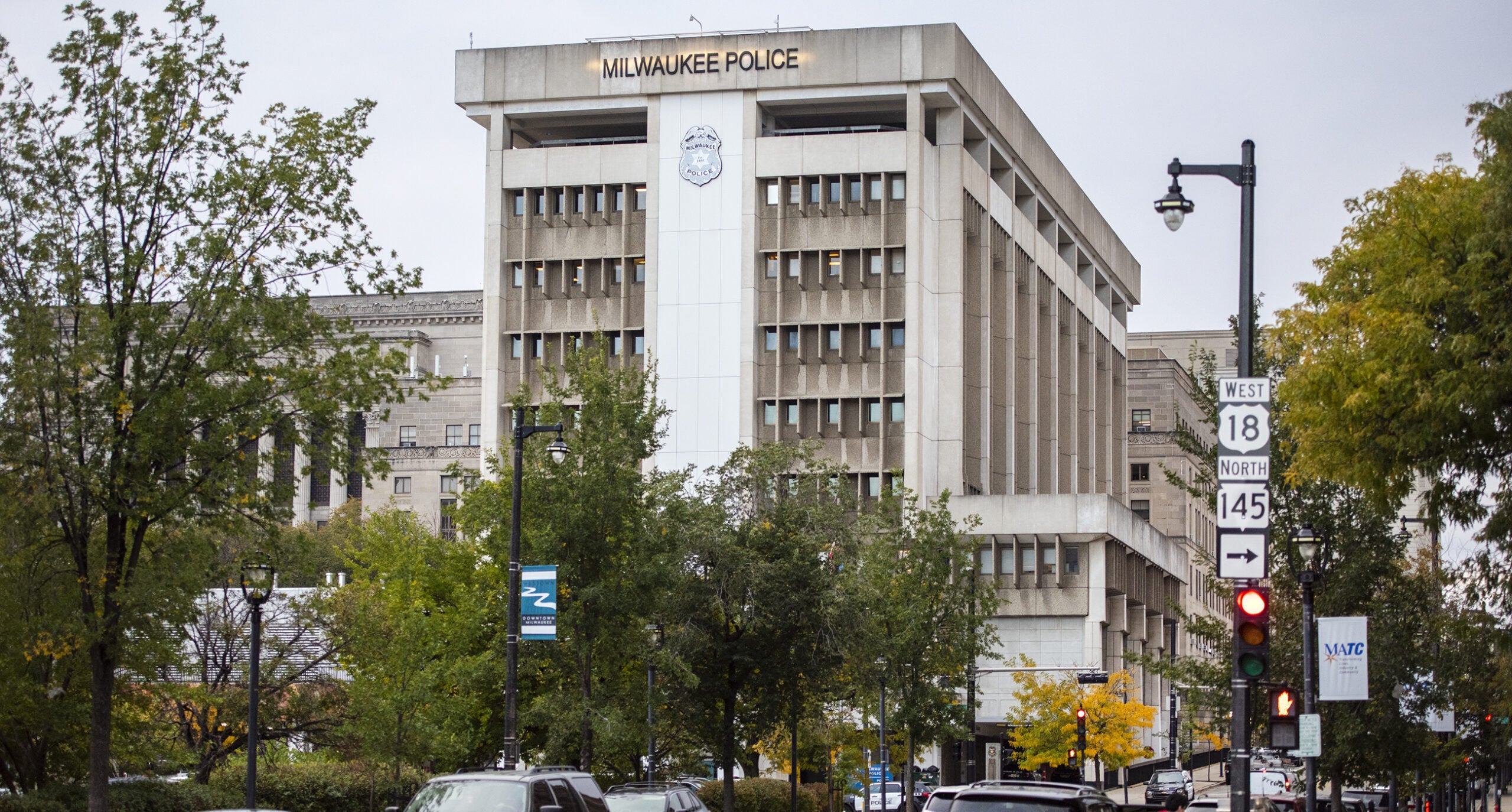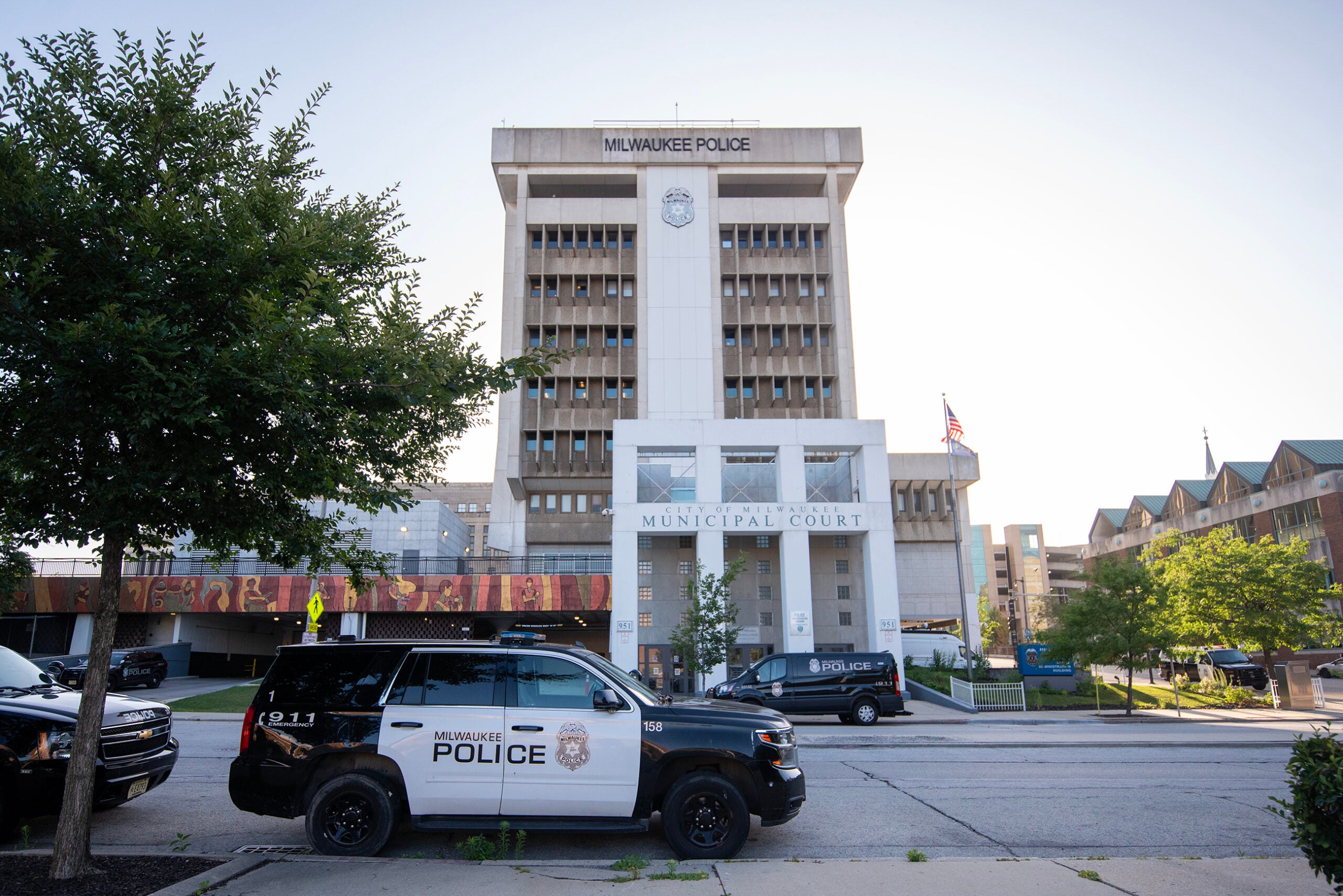Milwaukee officials are still exploring ways to remove several Milwaukee-specific provisions included in a historic revenue agreement, which was signed into law last week by Gov. Tony Evers.
The state shared revenue deal, which boosts funding to local municipalities across the state, comes with several strings attached for the state’s largest city. Leaders have called out those provisions, labeling them an “attack on local control.”
Monday, the city’s steering and rules committee unanimously approved a resolution opposing all the Milwaukee requirements in the law, and calling on the city’s intergovernmental relations division to work to repeal them. Justin Moralez with the intergovernmental relations division told the committee the work will include a “multi-faceted approach.”
News with a little more humanity
WPR’s “Wisconsin Today” newsletter keeps you connected to the state you love without feeling overwhelmed. No paywall. No agenda. No corporate filter.
“The only way that we’re going to be able to modify the direction in which the Legislature is currently going, would (be) to build a network of support beyond just our efforts here at city hall,” Moralez said.
It’s possible a legal fight could soon be underway, as it’s likely the city argues the provisions overstep the home rule. The home rule is the ability of cities and villages to govern themselves in local matters without state involvement or interference, according to a 2016 Wisconsin League of Municipalities report.
Some of the provisions Milwaukee officials are opposing include a measure to bring armed police back into Milwaukee Public Schools, a ban on using state funding on Milwaukee’s streetcar, and a requirement that any new spending would require a two-thirds vote of the council. It would also remove power from the city’s civilian police and fire commission.
Milwaukee Common Council President José Pérez said in a statement the provisions “severely impede our local control.”
“The policy provisions in this bill will directly restrict our ability to achieve many of our goals, and clearly, they were written by those that do not reflect nor appreciate Milwaukee’s vibrant, diverse population,” the statement said. “But these provisions will not dampen our creativity or innovation, nor our government’s work to help our residents. Despite the Legislature’s efforts to impose their values on us, we are resolute in our promise to operate our government in accordance with the values of our diverse community.”
It’s not entirely clear how the city plans to remove the provisions, but it’s unlikely another state law would do the trick. State Rep. Marisabel Cabrera, D-Milwaukee, said she doesn’t believe any such measure would be passed by the Republican-controlled Legislature.
“Any Democrat would put forward that bill, it would go absolutely nowhere, it would be a symbolic measure — if you don’t get a Republican onboard, it’s not going to go anywhere,” Cabrera told the committee Monday.
In a statement sent to media last week, Republican Assembly Speaker Robin Vos said Milwaukee should turn its attention to its finances “instead of focusing on frivolous lawsuits.”
The law also includes an option for Milwaukee to implement a two percent sales tax. That tax, which would go toward retiring pension debt, would need the approval of two-thirds of the Milwaukee Common Council, or 10 of council’s 15 members.
The sales tax would bring an estimated $193.6 million each year to the city, which would help Milwaukee address a “gaping hole” in its budget when federal pandemic relief funds expire at the end of 2024. Milwaukee budget director Nik Kovac said the city could see a budget gap of over $183 million next year. That number is expected to grow to $193 million in 2025, if the council doesn’t adopt the sales tax.
If the city rejects the sales tax option, they could fill that budget gap next year with additional federal pandemic relief funds and pension reserves. But starting in 2025, hundreds of police officer and firefighter positions would likely need to be eliminated.
A 2022 Wisconsin Policy Forum report pointed to an upcoming “day of reckoning” for Milwaukee’s finances as the combination of declining state aid, rising pension obligations and local revenue limits force city leaders to make tough budget decisions. The city has already had to make cuts to police staffing and eliminated fire stations in recent years.
Wisconsin Public Radio, © Copyright 2026, Board of Regents of the University of Wisconsin System and Wisconsin Educational Communications Board.







